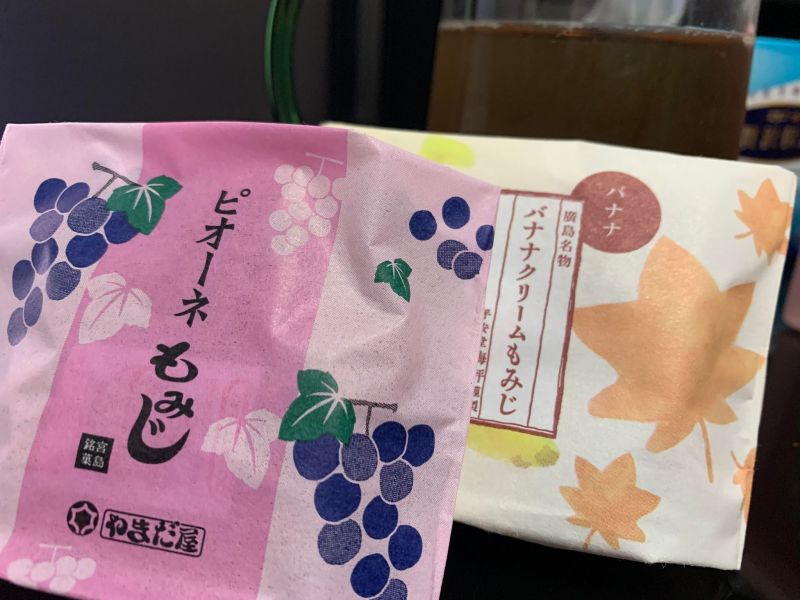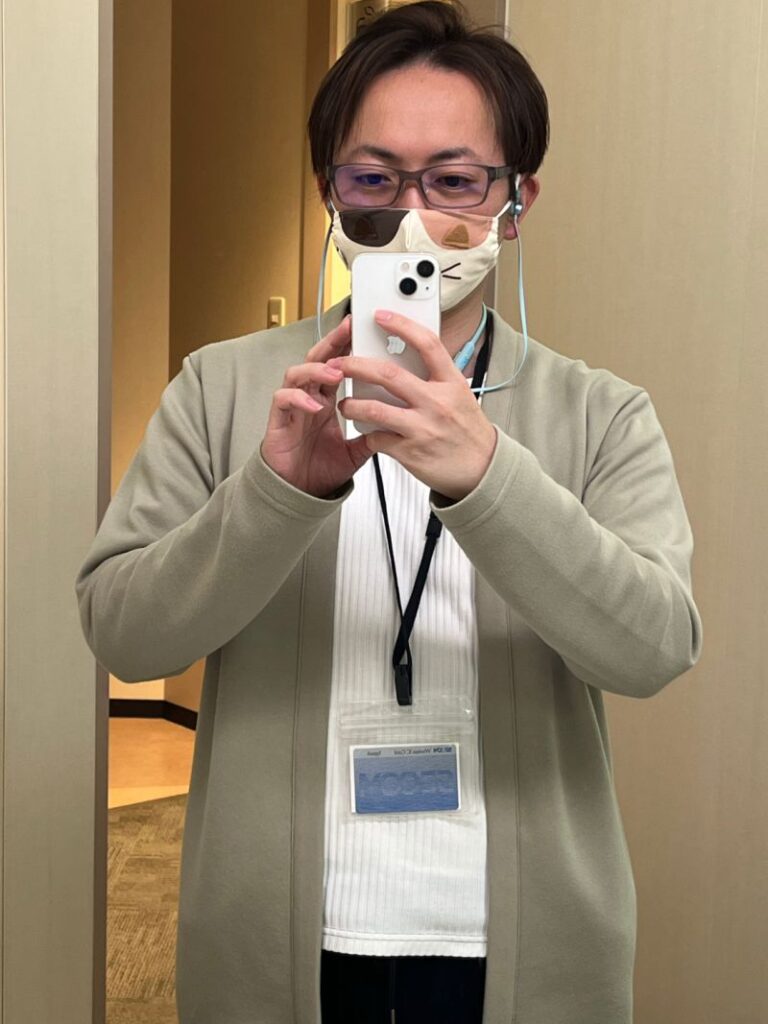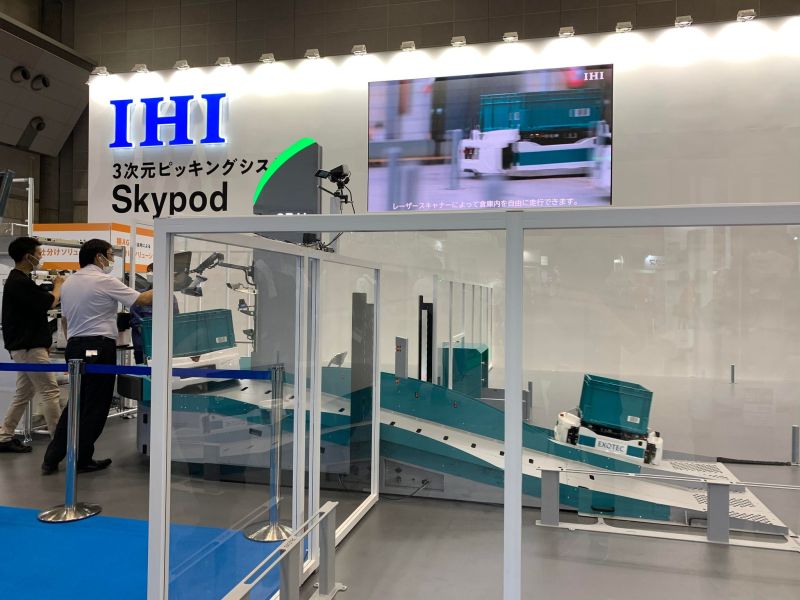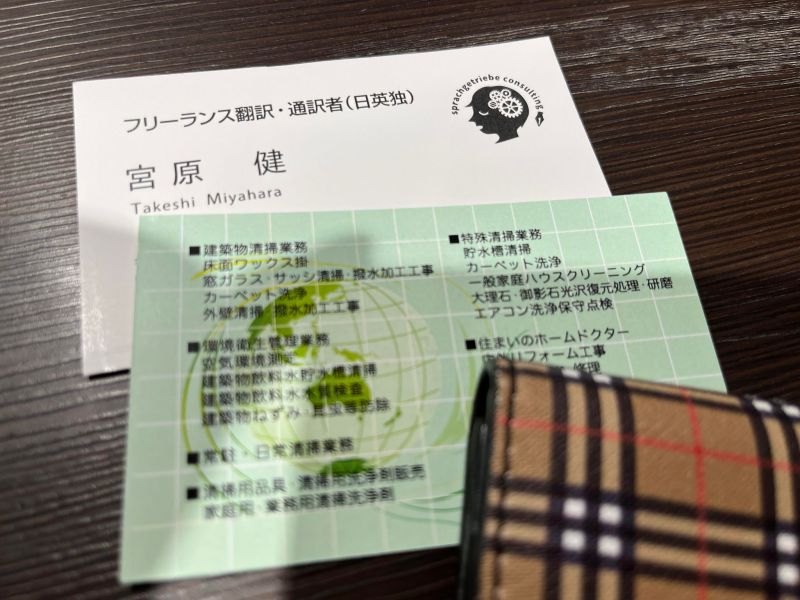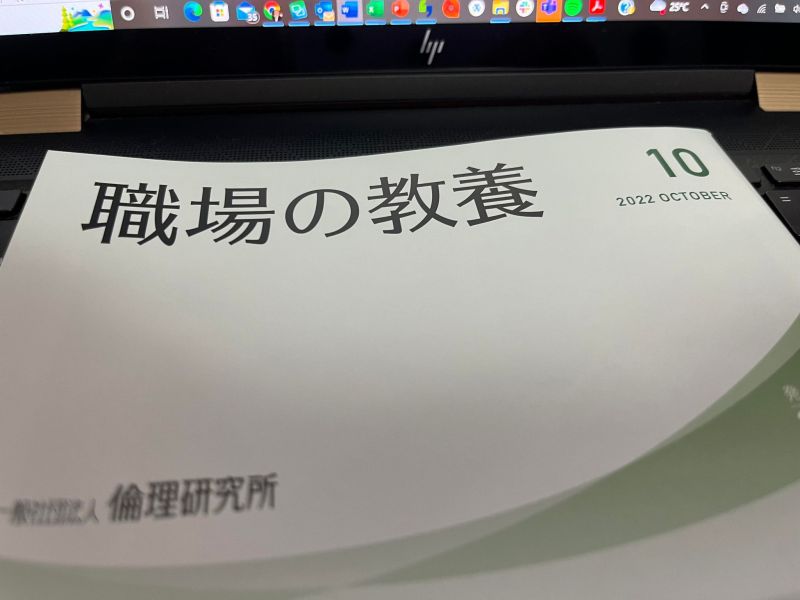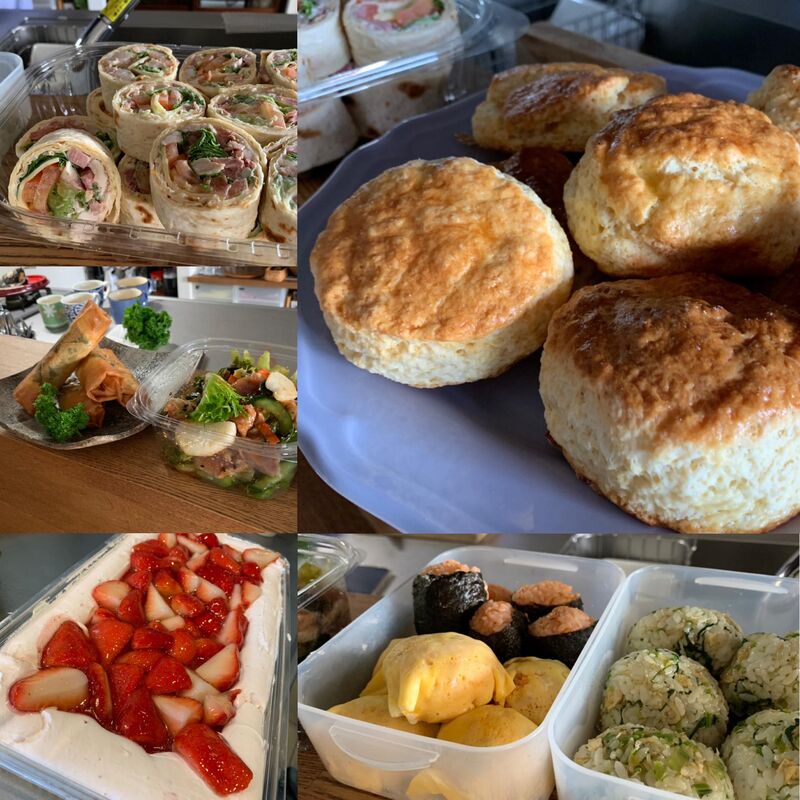Tell me about a beloved snack in your city. Do you sometimes have them for break? Can you introduce and/or do you recommend it to people who visit your place? I can name several local snacks that I’d tell people to try but let me introduce one of them, which recently made me say “Wow.” 😋
Hiroshima, where I live, has a maple leaf shaped cake called Momiji manju 🍁. It had used to have only one flavor, pasted beans in two different textures: mashed or smooth, then got 5 different assorts including custard cream, chocolate, matcha green tea flavors. The businesses extended to these 5 flavors sometime around 1984 which is my birth year actually. I wasn’t a fan of the snack, and it is said many local people don’t have them for nosh, but voila, now they have even more different kinds of flavors like yoghurt, strawberry milk, blueberry, lemon, pumpkin and more (now about 30 kinds as far as I know!). Many of the businesses that produce and sell Momiji manju cakes were founded between 1900 and 1970, so more than 50 years ago; and they are ever creating new flavors to entice customers to try! Their efforts of (flavor) diversification are inspiring.
The other day I happened to see a variety of them in a shop and found relatively new flavors: pione and banana cream and I liked both flavors very much. It’s not a bad idea to always have several pieces of the cakes ready for spontaneous afternoon tea… 😝
